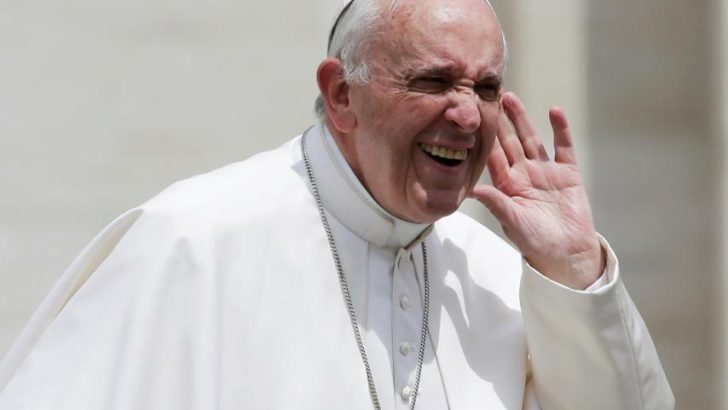The diocese of Achonry encompasses parts of Counties Mayo, Sligo and Roscommon. It has 23 parishes and a total population of approximately 40,000, of whom 90% are Catholic. There are 30 priests in active ministry and approximately 20 religious sisters.
The Bishop met with a representation of people who had suffered abuse in Church contexts and listened to their accounts of their experiences.
Approximately 160 people participated, including priests and religious. There was a good representation of age groups, although the older age groups were in the majority. [This report has been edited for space.]
Listening
Many respondents felt that they were listened to by their local priest and were comfortable sharing their concerns with him. Overall, 53% of respondents said they had good opportunities to speak freely about their experiences, to be listened to and heard. On the other hand, 47% of those who responded stated that they had very few or no opportunities for their views to be heard within the Church. Some people expressed the opinion that the leaders in the Church would not allow them to speak freely of their life experiences if it did not concur with that of the leadership.
Fears were expressed that the opinions of the laity will be watered down at the higher levels of the Church in Ireland so as to reflect the views of the hierarchy and the direction in which the bishops wish to take the Church.”
Speaking Out
Some people felt confident that they could make their views known to their local priests and others were satisfied that their parish pastoral councils provided forums for airing their concerns.
Celebration
The issue of liturgical celebrations figured very strongly in most of the respondents’ comments. A significant number of people expressed the view that their regular attendance at Mass was a source of nourishment and inspiration for them in living the life of faith.
A number of people suggested that there is need for greater faith formation at all levels.
Choirs, especially involving younger people, were regarded by many as significant to improving the quality of liturgies, as well as encouraging congregational singing.
Mention was made of the need to address the situation of divorced and remarried people who are not able to access the Eucharist. It was suggested that the question of the Church’s teaching on contraception needs to be revisited.
Authority and Participation
There was a general impression that decision making and authority were exercised by priests and bishops. While there were positive expressions of support for the work of parish pastoral councils in a number of instances, there seemed to be a significant level of discontent with the processes of decision-making and the exercise of authority at all levels in the Church.
A very significant proportion of the responses articulated the need for women to more seriously involved in decision-making at the highest levels and this included their being admitted to the sacrament of orders. Among second level students, a very high proportion regarded the ordination of women as the most important issue for the consideration by the Pope, followed by allowing for a married clergy.
What might the Holy Spirit be saying?
There is need for the sacrament of baptism to be better presented.
There is need for much better faith formation at all levels.
Young people have to be involved more actively.
Parish churches might become more welcoming and hospitable.
The place of women in the Church needs serious review.
More effort be put into fostering vocations to priesthood and religious life. In this context, the removal of the obligation of mandatory celibacy recurred as a theme.




